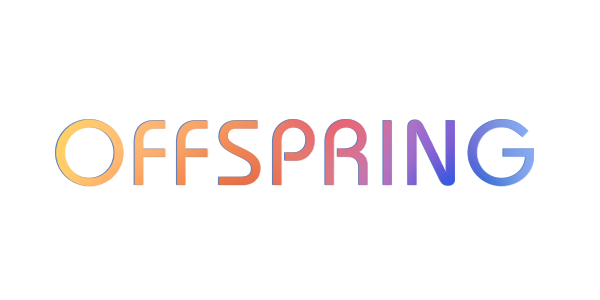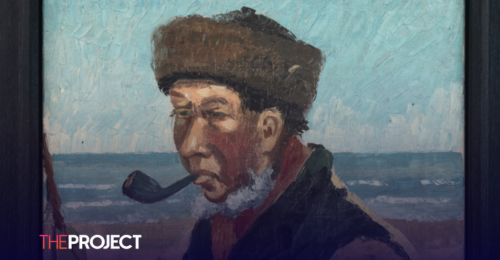The painting, titled Elimar and dating back to 1889, shows a fisherman with a white-beard and wearing a round hat, as he smokes a pipe and repairs his net along the shore.
In 2019, LMI Group International, an art research firm based in New York, acquired the Elimar painting for an undisclosed sum in 2019.
The firm then assembled a team of about 20 experts, including curators, chemists, conservators, and patent lawyers to study the painting from every angle.
The process has taken four years, but LMI art experts have identified the painting as a Van Gogh, and have released their research in a 458-page report.
The company concluded that its investigation "has yielded the evidence required to identify [the unknown work] as an autograph work by the artist."
They believe Van Gogh painted Elimar somewhere between May 1889 and May 1890, during his voluntary stay at the Saint-Paul psychiatric sanitarium in Saint-Rémy-de-Provence, France.
During his time at the psychiatric hospital, Van Ghogh produced around 150 paintings in rapid succession.
The experts make many compelling connections between Elimar and some of Van Ghogh's most known works, reporting "striking similarities" between the garage sale find, and Van Gogh's final self-portraits, including Self-Portrait with Pipe and Straw Hat.
It was also determined that Elimar's canvas's thread count matched those made during Van Gogh's time.
A hair was embedded in the canvas and sent to be analyzed by LMI. While it was confirmed to be from a human male, it was unable to be DNA matched to descendants of Van Gogh, due to its "degraded state".
Despite the stylistic similarities,the Van Gogh Museum has denied the painting's connection to the famed Dutch artist.
In February 2019, LMI Group received this statement from the museum: "We have carefully examined the material you supplied to us and are of the opinion, based on stylistic features, that your work … cannot be attributed to Vincent van Gogh."
Now, for a second time, on January 31, the museum again refuted the experts' claims.
"Based on our opinion, which we previously expressed in 2019 regarding the painting, we maintain our view that this is not an authentic painting by Vincent van Gogh," the Dutch institution wrote in an email to ArtDependence Magazine.
Despite the exhaustive analysis of LMI, without the stamp of approval from Van Gogh's Museum in Amsterdam, the painting will remain nothing more than a $50 garage sale find by an unknown artist.





























